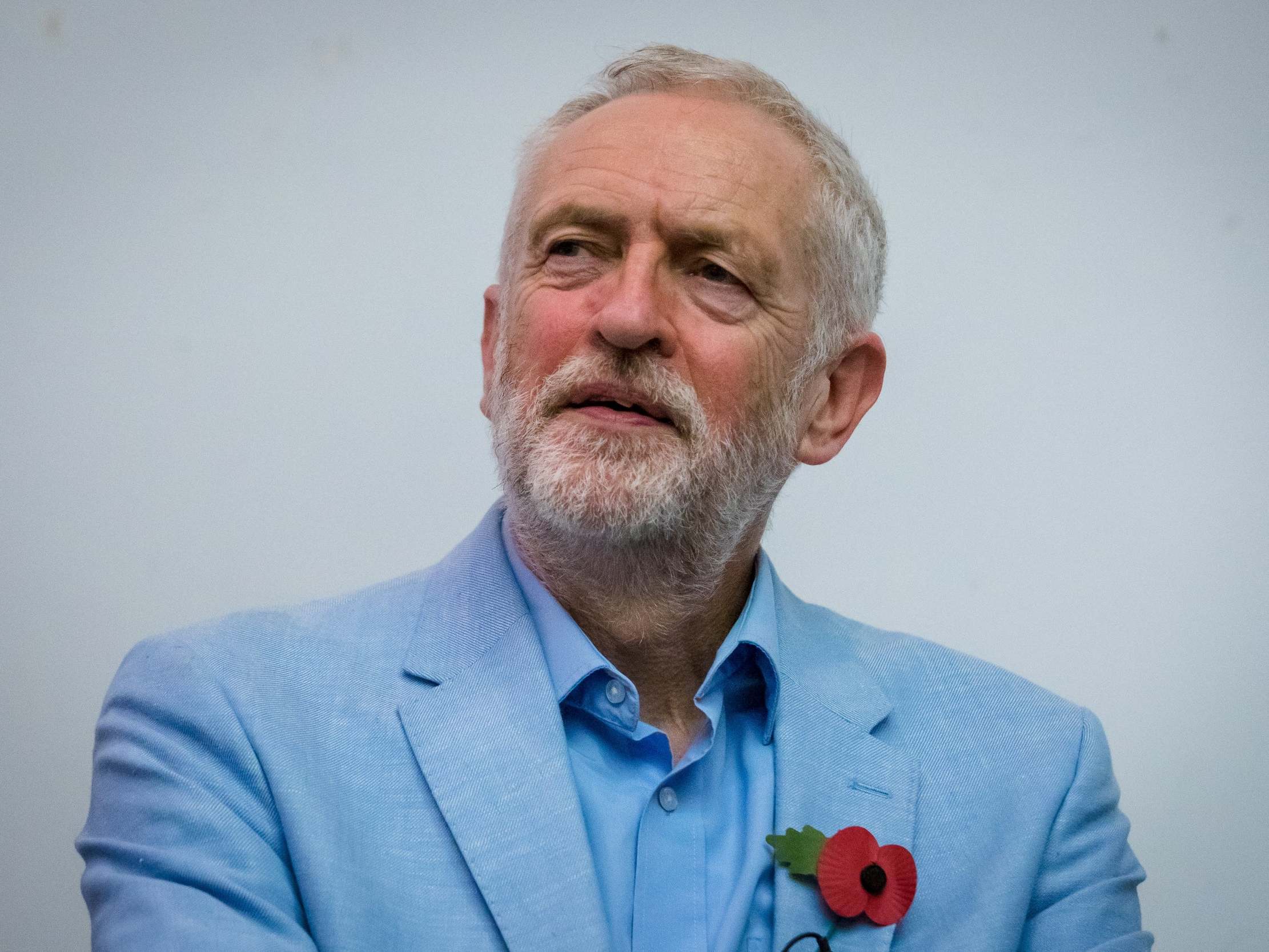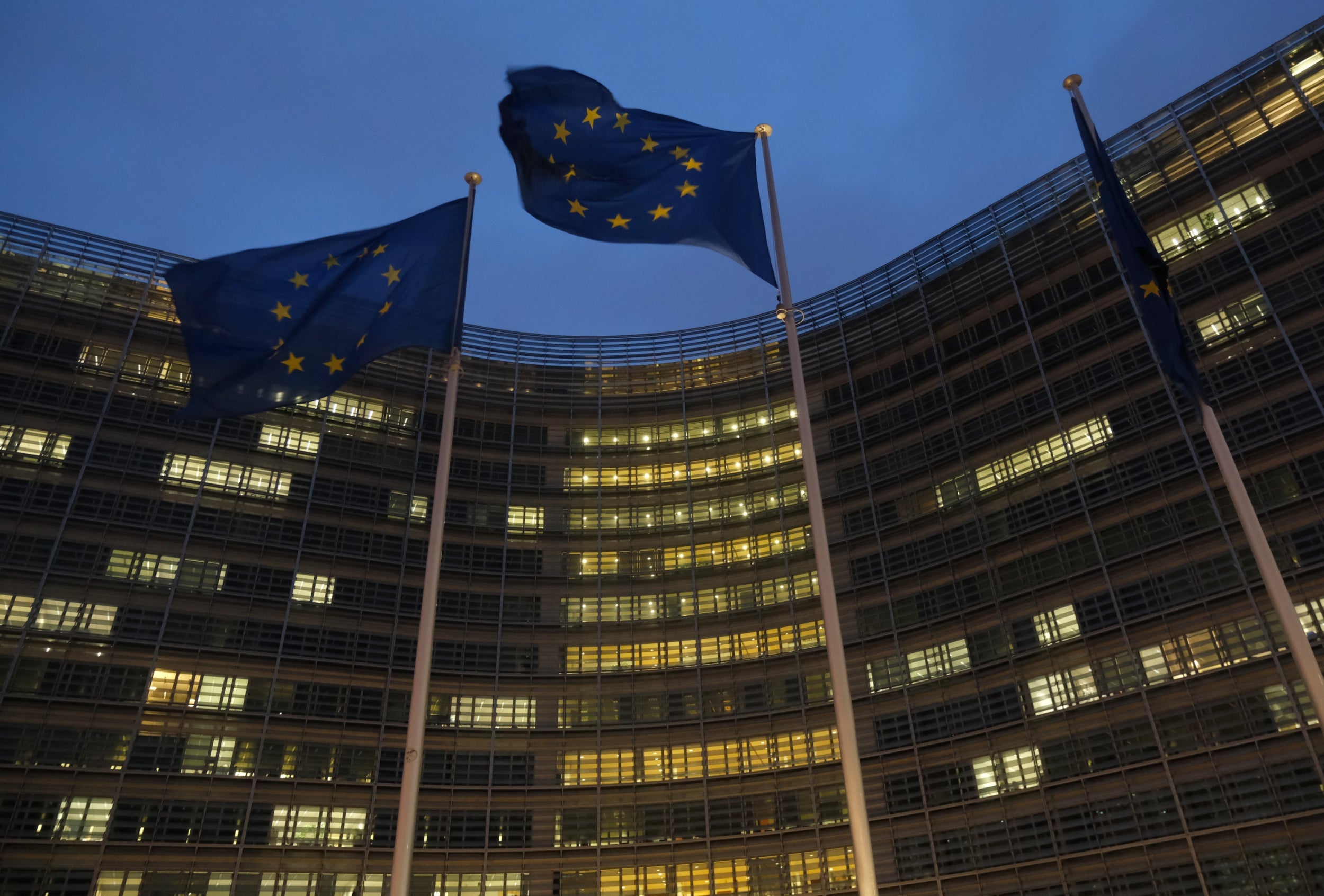What is the Brexit deal Jeremy Corbyn wants to negotiate with Brussels?
With Labour clear they want to negotiate a ‘better’ agreement with the EU, Andrew Woodcock lays out what that might look like


Labour’s plans for Brexit are at the heart of the general election campaign debate after Boris Johnson issued Jeremy Corbyn with a challenge to spell them out.
The Labour leader says that if he is elected on 12 December, he will negotiate a “sensible” new deal within the next three months before putting it to the British public in a referendum after six months.
But crucially, he refuses to say which side Labour would campaign on in any referendum next summer.
So what would be in the new agreement which Mr Corbyn wants to negotiate?
Labour say that their deal would include a new customs union arrangement with the EU, a close single market relationship and guarantees of rights and protections in areas like the environment and workplace.
The party has previously said that its customs union arrangement would involve the UK having a say in future trade deals negotiated by the EU and would allow both sides to continue to benefit from tariff-free trade. They say it would differ from arrangements currently in place with non-members Turkey, Andorra and San Marino.
But critics point out that EU law does not permit a non-member to have a formal say or veto on trade talks.
And supporters of Boris Johnson’s Brexit deal say that any customs union arrangement would prevent the UK from seeking its own trade deals around the world.
Labour’s proposals on the single market would stop short of full membership, which would crucially prevent the government from propping up strategically important industries under state aid rules.
But it would involve matching an array of EU regulations on things like animal welfare and public health.
And it remains unclear how closely Labour would have to stick to existing arrangements allowing freedom for EU citizens to live work and settle in the UK. Shadow chancellor John McDonnell said earlier this week the party would aim for “as much freedom of movement as possible”.
Tories have been dismissive of Labour claims to be able to renegotiate within three months – a deal which took the combined efforts of Theresa May and Boris Johnson more than three years to finalise.

But Labour points out that its proposals do away with the need for complicated arrangements to keep the Irish border open after Brexit. And they say that officials in Brussels have indicated they are ready to discuss with a Labour government an outcome which would result in much closer EU-UK ties.
The big question is how much political capital the remaining EU states and the European Commission would put into concluding a deal when their opposite numbers cannot even tell them whether or not they will back it in the subsequent referendum.
Join our commenting forum
Join thought-provoking conversations, follow other Independent readers and see their replies
Comments